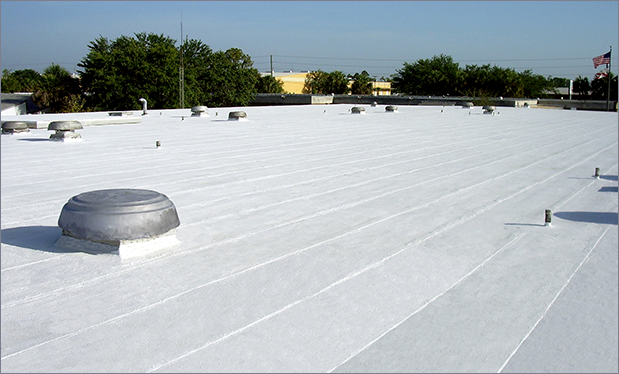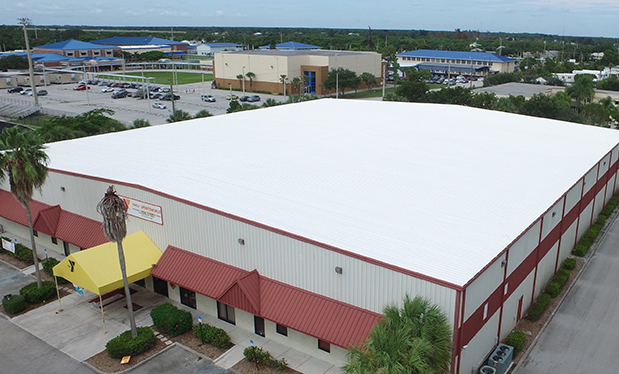A majority of the standards that apply within the roofing industry are developed by ASTM International. Although you most likely are aware of the "ASTM" designation, you may not be aware of how the organization operates and the different types of standards it develops and maintains.
Overview
ASTM International is a globally recognized leader in the development and delivery of voluntary consensus standards. ASTM International publishes more than 12,000 standards annually used around the world to establish product quality levels, enhance health and safety, facilitate market access and trade, and establish consumer confidence.
ASTM International has no technical research or testing facilities of its own. Instead, the organization relies on its members—more than 30,000 of the world's top technical experts and business professionals from more than 140 countries—and facilitates the process and provides venues for carrying out its mission.
ASTM International's standards development and maintenance activities are carried out by more than 140 ASTM technical committees. For example, its Committee D08 on Roofing and Waterproofing is responsible for a majority of ASTM's reroofing-related standards. Committee C16 on Thermal Insulation, Committee E05 on Fire Standards and Committee E06 on Performance of Buildings address roofing-related thermal insulation, fire testing and performance issues, respectively.
Standards
ASTM International committees can develop four types of standards.
Test method standards define a specific method or series of methods for testing a material or product attribute. For example, ASTM D228, "Standard Test Methods for Sampling, Testing, and Analysis of Asphalt Roll Roofing, Cap Sheets, and Shingles Used in Roofing and Waterproofing," defines test methods for asphalt shingles, roll roofing and cap sheets.
Specification standards describe specific materials, products, systems or services and routinely include requirements for testing using ASTM International standard test methods. For example, ASTM D3462, "Standard Specification for Asphalt Shingles Made from Glass Felt and Surfaced with Mineral Granules," is the U.S. product standard defining fiberglass-reinforced asphalt shingles.
A standard practice is an accepted procedure for the performance of one or more operations or functions. In some cases, practices may include one or more test methods necessary for full use of the practice. For example, ASTM D7186, "Standard Practice for Quality Assurance Observation of Roof Construction and Repair," is the recognized consensus method for performing and reporting rooftop quality assurance observation during roof system application.
A standard guide is a compendium of information or series of options that does not recommend a specific course of action. Guides are intended to increase the awareness of information and approaches in a given subject area. Guides may propose a series of options or instructions that offer direction without recommending a definite course of action. A guide standard offers guidance based on a consensus of viewpoints but not to establish a standard practice to follow in all cases. For example, ASTM D7877, "Standard Guide for Electronic Methods for Detecting and Locating Leaks in Waterproof Membranes," provides commentary regarding electrical conductance testing of waterproofing membranes but does not provide specific practice or test method information.
ASTM International test methods, specifications and practice standards are appropriate to be referenced in project specifications, contracts and building codes. Because of their "information only" nature, ASTM International guide specifications are not.
Participation
A large number of NRCA member companies and, in some cases, individual company personnel are members of ASTM International, and many of them participate in various ASTM committees.
NRCA's Technical Services Section's staff members also are members of various ASTM technical committees. For example, I am a member of Committee C15 on Manufactured Masonry Units, C16, D08, E05 and E06. I also serve on the Executive Committee for Committee D08.
Additional information regarding ASTM International is available at www.astm.org. If you are not already an ASTM member, I encourage you to consider joining and participating in one or more of ASTM's technical committees.
Mark S. Graham is NRCA's vice president of technical services.



